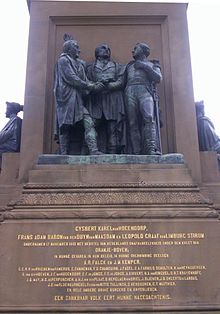
The Algemeen Dagblad, also known by its initialism AD is a Dutch daily newspaper based in Rotterdam.

Gijsbert Karel, Count van Hogendorp was a liberal conservative and liberal Dutch statesman. He was the brother of Dirk van Hogendorp the elder and the father of Dirk van Hogendorp the younger.

Leopold Count van Limburg Stirum was a politician who was part of the Triumvirate that took power in 1813 in order to re-establish the monarchy in the Netherlands.
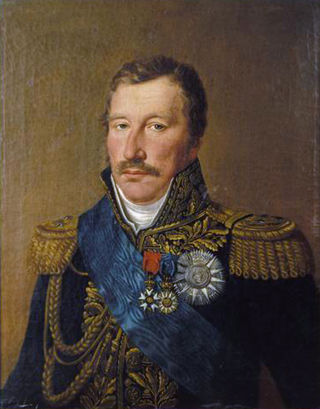
Dirk van Hogendorp was a Dutch general, politician, colonial administrator and diplomat. In 1812 he was governor of Vilnius, in 1813 he was appointed as the governor of Hamburg. He was an early critic of the Dutch colonial system as implemented under the VOC. His ideas about reforms in the Dutch East Indies were to a large extent realized by the Commissioners-General of the Dutch East Indies, through the behind the scenes influence of his friend Herman Warner Muntinghe, first as adviser of Stamford Raffles, and later as adviser of the Commissioners-General.

Van Hogendorp is a patrician family that belongs to the Dutch nobility.

Surinam, also unofficially known as Dutch Guiana, was a Dutch plantation colony in the Guianas, bordered by the equally Dutch colony of Berbice to the west, and the French colony of Cayenne to the east. It later bordered British Guiana from 1831 to 1966.

The Sovereign Principality of the United Netherlands was a short-lived sovereign principality and the precursor of the United Kingdom of the Netherlands, in which it was reunited with the Southern Netherlands in 1815. The principality was proclaimed in 1813 when the victors of the Napoleonic Wars established a political reorganisation of Europe, which would eventually be defined by the Congress of Vienna.
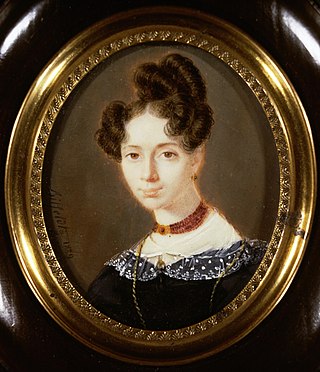
Louise Sophie Blussé was a Dutch writer.

Adam Frans Jules Armand, Count van der Duyn, lord of Maasdam and 's-Gravenmoer was Dutch officer and politician. He was part of the Triumvirate of 1813 that invited Prince William Frederick of Orange-Nassau to become Sovereign Prince of the Netherlands. He was born in Deventer, Overijssel.

Jhr. Johannes Cornelis de Jonge was a Dutch Rijksarchivaris, historian, and politician. He is best known for his encyclopedic Geschiedenis van het Nederlandsche Zeewezen, a naval history of the Netherlands that was based on the Dutch naval archives, a large part of which were destroyed in a fire in the archives of the Dutch Department of the Navy in 1844. By default therefore this history had to come in the place of the lost primary documents.
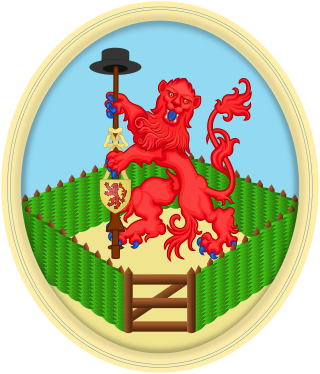
The Provisional Representatives of the People of Holland was the name given to the supreme governing body of the province of Holland, instituted after the Batavian Revolution, during the period in which the Netherlands was transitioning from the constitution under the Dutch Republic to the new constitution of the Batavian Republic. After the States General of the Batavian Republic had been replaced by the National Assembly of the Batavian Republic, in 1796, the Provisional Representatives, and similar bodies, in all Dutch provinces were abolished.
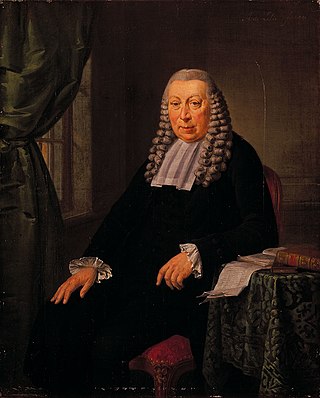
Hendrik Daniëlszoon Hooft, Ambachtsheer of Urk and Emmeloord was a Dutch politician during the Patriottentijd.

Carel Hendrik Theodoor Bussemaker was a Dutch historian who held chairs in history at the University of Groningen and the University of Leiden.
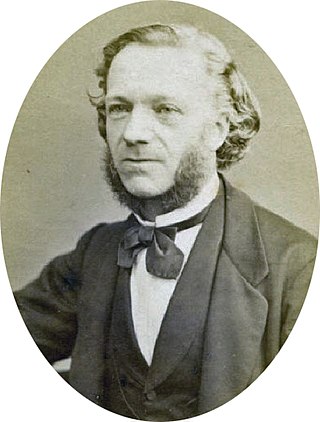
Jan Hendrik Maronier was a Dutch pastor and writer.
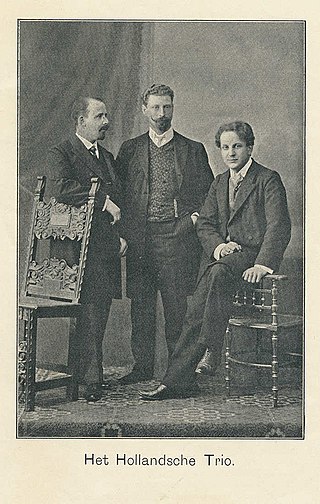
The Dutch Trio was a musical ensemble for chamber music, consisting of Coenraad Valentijn Bos (piano), Joseph Maurits van Veen (violin) and Jacques van Lier (cello), that was very successful in Berlin between 1899 and 1910 because of their tasteful choice of repertoire and careful interpretation. The piano trio gave performances throughout Germany and also in Italy, France, the Netherlands and Denmark.
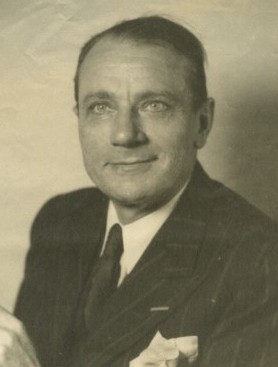
George Antoon Philip Weijer (1891-1979) was a business representative in colonial Indonesia, an economics professor at the University of Utrecht, and a government advisor and company director in the Netherlands.

The Incorporation is a period in Dutch history where the country was part of the First French Empire. This period lasted from July 9, 1810, until November 21, 1813.

The Provisional Government of Belgium or the General Government of Belgium governed the Southern Netherlands from February 1814 to September 1815, when the Southern Netherlands was definitively incorporated into the United Kingdom of the Netherlands. The official documents at that time are in French, in which it was labeled as 'Gouvernement Général de la Belgique' or in German as 'Generalgouvernement von Belgien'. In Dutch it was described as 'Algemeen Bestuur der Nederlanden'.

Changuion is a Dutch, French and South African family of which a member was ennobled in the Netherlands in 1815.
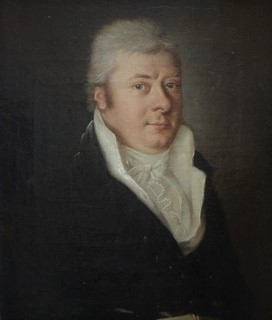
Jonkheer François Daniël Changuion, commonly known as Daniël Changuion, was a Dutch administrator and diplomat. Some of his descendants settled in South Africa in the nineteenth century.
